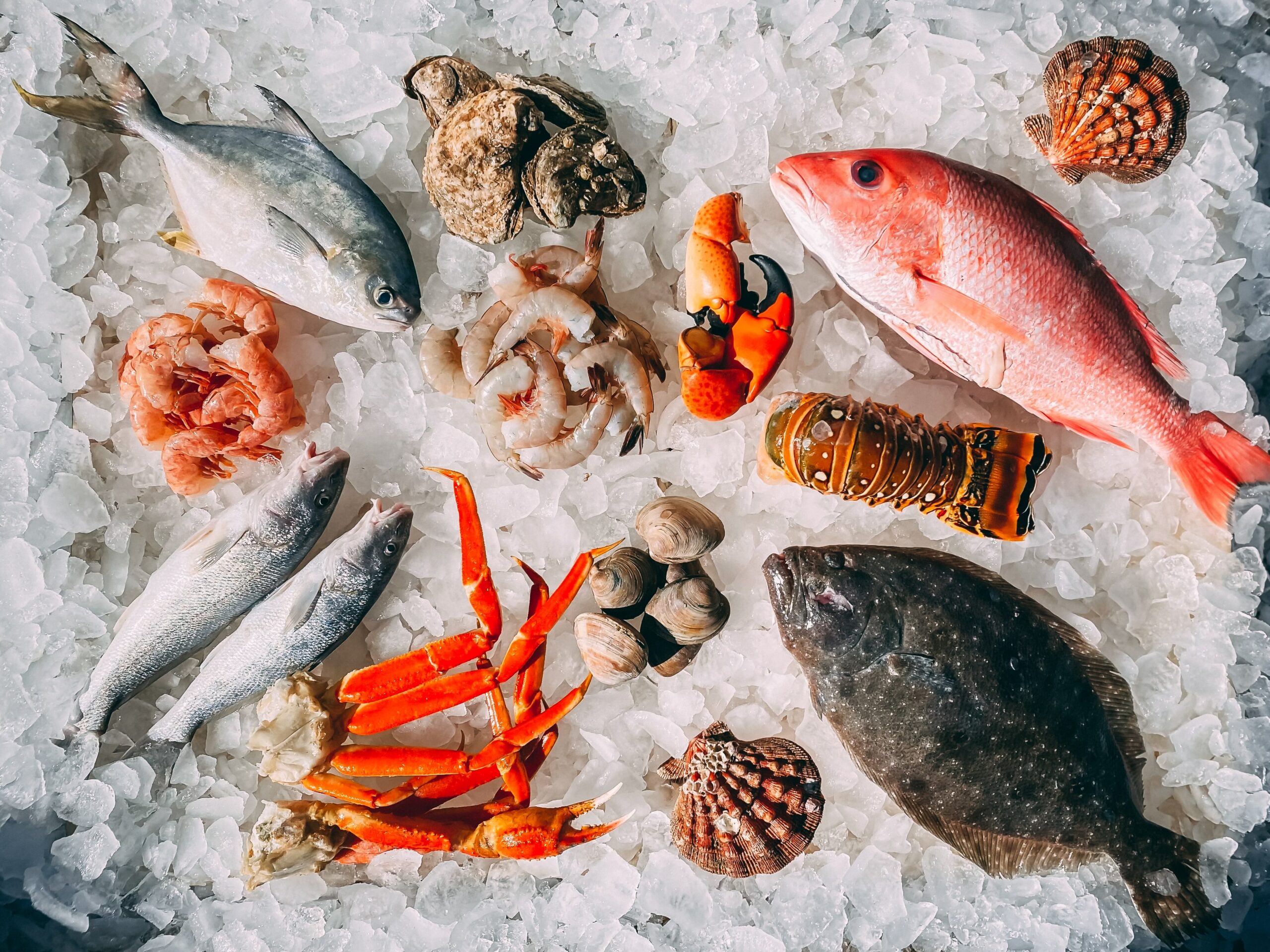Fishing suspension affects economy
For the first time, fishing crews in Alaska announced they won’t be careering through ice and sea to pluck snow crab from the Bering Sea, due to dwindling stocks of the crustacean.
The Alaska Department of Fish and Game cancelled snow crab season this year after a catastrophic population crash of the famous creatures. The red king crab season was cancelled for the second year in a row, making it a two-pronged disaster for Alaska’s economy and for those whose livelihoods rely on the industry.
Alaskan crews have fished for snow crab since the 1970s and the seasons suspension will undoubtedly affect whole communities, and asks questions about the wider impact of conservation economics.
Warmer climes
Alaskan ecosystems — which are warming faster than other regions because of their proximity to the North Pole — have been roiled by marine heat waves and other impacts made more likely by climate change.
Scientists are still evaluating the cause or causes of the snow crab collapse, but it follows a stretch of record-breaking warmth in Bering Sea waters that spiked in 2019.
Officials hope a halt to this year’s crab harvest will boost both species. At this point, little more can be done.
The snow crab collapse came as a surprise. Each season, commercial trawlers complete surveys that estimate species abundance and assess stock. The National Marine Fisheries Service and Alaska Department of Fish and Game co-manage the crab fisheries.
Scientists are still evaluating what happened. A leading theory is that water temperatures spiked at a time when huge numbers of young crabs were clustered together.
In summer, many small snow crab make their habitat in a cold pool that forms on the Bering seafloor. In recent years, which have been dominated by warmer waters and less sea ice, these cold pools have been smaller, concentrating crab into tight quarters.
The bigger picture
While the crab decisions have been made to
ensure a historic industry remains sustainable, in general conservation has a positive economic impact on the communities that envision the potential benefits of thoughtful planning
Preservation of not just waterways but open space, trails, parks and greenways creates jobs, enhances property values, expands local businesses, attracts new or relocating businesses, increases local tax revenues, decreases local government expenditures through the natural provision of ecosystem services, decreases the cost of recreation and promotes a sense of local community.
The conservation of natural lands and of working farms and forests can generate financial returns, both to governments and individuals, and create significant cost savings as well.
Our take
While everyone hopes the current plight of the Alaskan snow crab and the fishermen is a temporary blip, the measures being taken are perhaps significant.
While the crab industry has obviously shifted in terms of attracting fresh investment, all the infrastructure and expertise used in that trade will be usable elsewhere – and the smart financier keeps watch for where.
